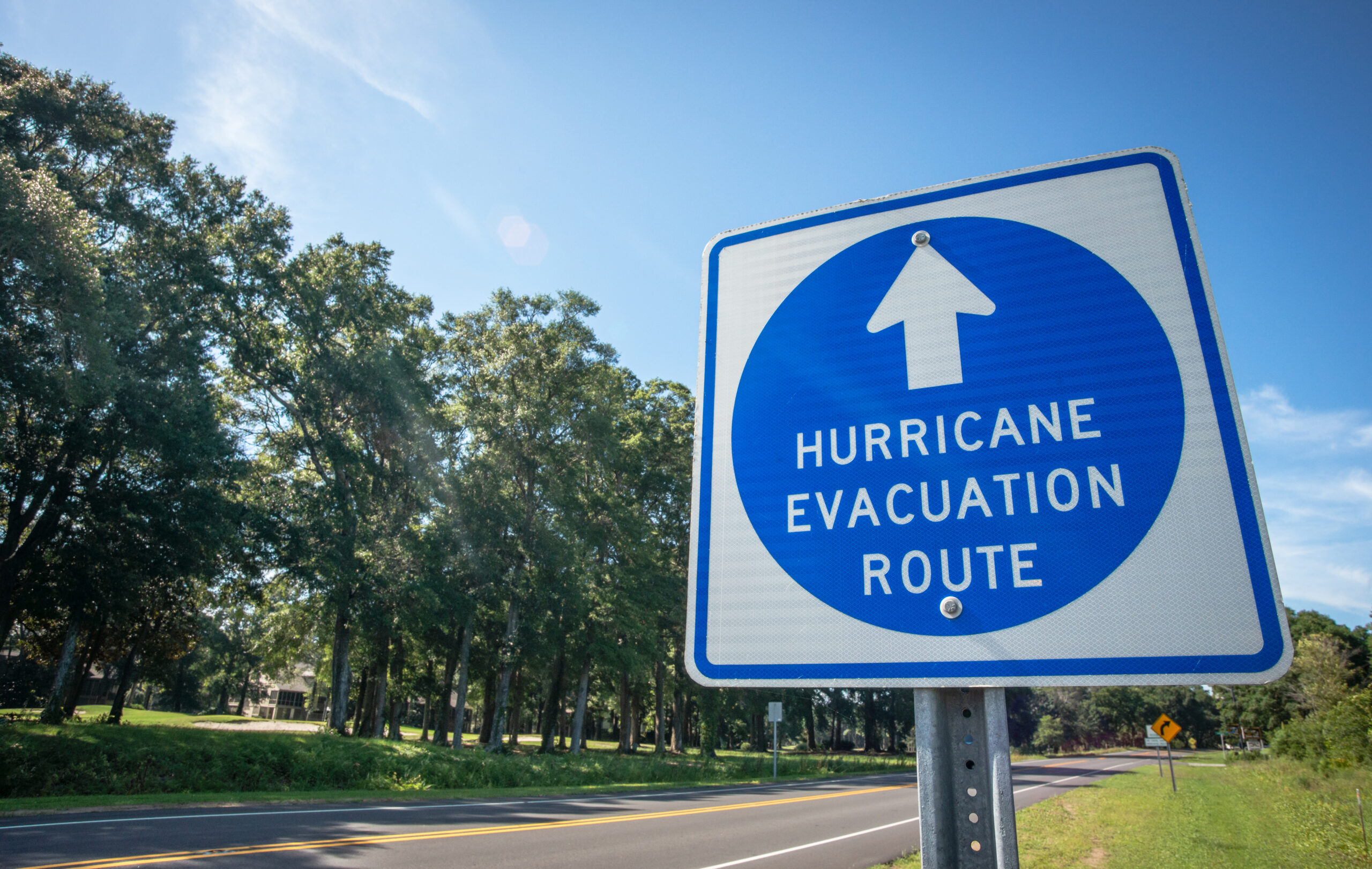If you live in Texas, you know the damage a hurricane can cause. As hurricane season approaches each year, the risk of severe property damage increases. Part of your preparation for hurricane season should be learning how to file your claim if the worst happens. You also need to know how long you have to file your hurricane damage claim in Texas.
Keep reading to understand when and why to file a hurricane damage claim, how much time you have to file your claim, and the people and resources that can assist you.
Understanding Hurricane Damage Claims in Texas
Unlike some states, hurricane damage in Texas does not necessarily fall under a single insurance policy or claim. Your homeowner’s policy will likely cover the primary damage to your home. This can include things like roof damage, destroyed structures, or broken windows. Texas law requires that insurance companies also carry certain additional protections, such as damage from high-speed winds. However, your insurance may not cover flooding or damage associated with hurricanes, like broken trees.
Flooding damage especially can cause not only surface damage, but structural damage as well. Your individual policy determines what coverage you have. If your homeowner’s policy does not cover hurricane-related damage, you may have additional insurance protection specifically for that purpose. Understand what coverage you have or you may still need to protect your rights as a homeowner.
Time Limitations in Texas Hurricane Damage Claims
It is important to report a hurricane damage claim as soon as possible. While time limits exist, it is always best to file your claim well before these time limits approach. The longer you wait, the higher the risk is that you could lose valuable evidence you need for your claim.
There are a few time limits that may apply to your hurricane damage claim:
Filing a Claim With Your Insurance Company
Your insurance company may impose a deadline to file your claim in its policy. This can vary significantly between the different insurance companies, although no company should impose an unreasonably short notice of claim period. Some insurance companies do not impose a specific filing deadline.
An insurer may deny your claim if you file it after the applicable filing deadline. You should attempt to file your claim through the appropriate process as quickly as you can to avoid any issues. This can save you money, frustration, and potential claim denial.
You may also be able to request an extension of the time limit to file your claim. The insurer may have a process for this in place, or a skilled attorney may be able to negotiate a later filing deadline because of your circumstances.
Time Limits for Bad Faith Claims
Insurance companies often deny hurricane damage claims, even when they know they should pay them. Unfortunately, this is all too common. An insurer may deny a claim it knows is valid in the hopes that you will not fight back. It might instead use misleading or fraudulent policy terms to make you buy insurance that will not actually cover you. The company may even cite false reasons for the denial.
These acts and more are considered bad faith acts under Chapter 541 of the Texas Insurance Code. If an insurance company commits a bad faith act against you, legal recourse is available.
The statute of limitations for bad faith insurance claims is two years from the date your claim is denied. The claim denial is typically the “unfair or deceptive act” that triggers the beginning of this time frame. However, the time limit may not start until the date a person discovers or should have discovered the unfair or deceptive practice. This “discovery rule” helps protect homeowners from concealed acts by insurance companies you may not be able to discover until much later.
Do I Have To Repair the Damage Within the Time Limit?
These time limits do not mean you have to begin or complete repairs within a certain amount of time. They only relate to the filing of your insurance claim or any legal action you plan to take. You likely have additional time to finalize repairs to your home.
In fact, it may be impossible to repair the damage quickly after a large hurricane. Many storms prompt mass evacuations and government orders not to return to the area. Most insurers take this into account and those who do not may act in bad faith. A knowledgeable property damage attorney can help you understand the nuances of your individual situation.
Steps You Should Take After Hurricane Damage
When you take the right steps after a hurricane, you can protect your legal rights and repair your home.
- Focus on Safety: Focus on your safety and that of your family first and foremost. Follow evacuation orders and do not return to your home until it is safe to do so. Things can be replaced, but people cannot. Your health is the most important thing.
- Document Any Hurricane Damage: Collect evidence of any hurricane damage to your property. Take videos and photos of everything you can. You should also take notes about what you see and what happened. You will likely have to submit this proof as part of your insurance claim.
- Mitigate Your Damages: Most insurance policies require or encourage damage mitigation. This requires you to take steps to prevent further damage to your home. Examples include covering broken windows to prevent further rain damage or covering holes in your roof, if possible. You can also remove valuables that might get damaged further if left in the home.
- List Damaged Items: Create an itemized list of everything that was damaged and its approximate value.
- Maintain Communication Records: Keep records and copies of any communications you have with your insurance company. This could be invaluable evidence later.
- Consult an Attorney: A hurricane damage attorney understands what you are going through and how to help. They can help deal with insurance companies to avoid problems and enforce your rights if they are violated.
Follow Texas Hurricane Claim Deadlines To Protect Your Rights
After a hurricane, you should take prompt steps to mitigate your damages and submit a claim to your insurance company. The sooner you do so, the more likely you are to avoid problems. If your insurance company denies your claim, you have legal rights you can enforce.









